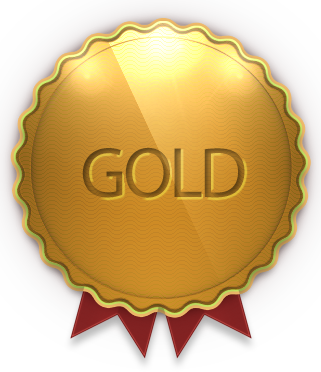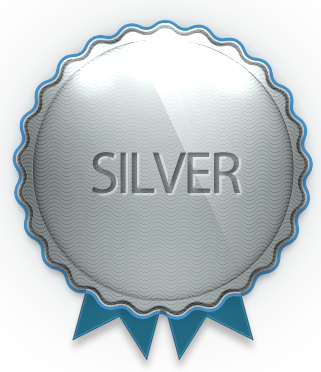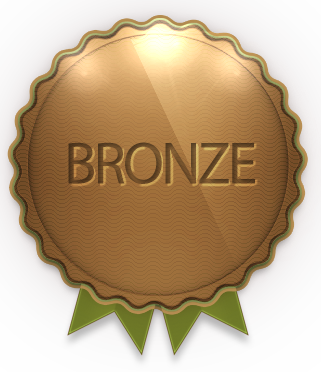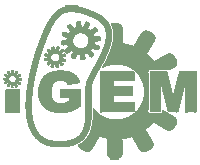Difference between revisions of "Team:UESTC Software/Medals.html"
| Line 39: | Line 39: | ||
</li> | </li> | ||
<li> | <li> | ||
| − | <a href=" | + | <a href="https://2015.igem.org/Team:UESTC_Software/Practices">HUMAN<br/>PRACTICE</a> |
<!--<ul id="menu_hum" class="dou_divide_nav_second"> | <!--<ul id="menu_hum" class="dou_divide_nav_second"> | ||
<li><a href="https://2015.igem.org/Team:UESTC_Software/Game-human_practice.html">Game</a></li> | <li><a href="https://2015.igem.org/Team:UESTC_Software/Game-human_practice.html">Game</a></li> | ||
Revision as of 16:24, 14 September 2015
MEDALS
 GOLD
GOLD
- 1. iGEM projects involve important questions beyond the bench, for example relating to (but not limited to) ethics, sustainability, social justice, safety, security, and intellectual property rights. We refer to these activities as Human Practices in iGEM. Demonstrate how your team has identified, investigated and addressed one or more of these issues in the context of your project.
Yes. We introduced our project to students from senior high school, universities and communities at the exchange meeting. Meanwhile, some college students show great interest to our project. We will continue to update our software on the github. More and more students and universities will join us as well. We meet the requirements that are related to the sustainability and social justice.
- 2. Address a problem that you would like to co-develop with a wetlab team. This should be a collaboration where the wetlab team posts a problem they are having and your team addresses the issue by creating an online software solution.
Yes. We have co-developed an online software which named ”SD-Finder” with “SCU China “team. They posted us a problem that how to find ORF (open reading frame) sequences in a known DNA sequence. Finally, we solved it successfully.
For more details, see https://2015.igem.org/Team:UESTC_Software/Collaborations.html - 3. Re-use and further develop a previous iGEM software project (or parts thereof) and demonstrate how future teams can continue this trend through good code documentation, use of open source materials and creation of great instructional materials.
Yes. We have referred to the previous IGEM teams.
https://2009.igem.org/Team:Illinois-Tools
https://2014.igem.org/Team:USTC-Software - 4. Demonstrate your software at the iGEM Giant Jamboree in the software demo suite. You should show a functional prototype that teams can use in following years. (Contact software AT igem DOT org for information about the software demo suite.)
Yes. We have developed a detailed API document.
For details, see https://2015.igem.org/Team:UESTC_Software/Documentation.html
 SILVER
SILVER
- 1. Provide a comprehensive, well-designed User Guide for your software and upload it to your wiki. Be creative! (An instructional video may work as well.)
- 2. Develop a well documented library or API for other developers (rather than "only" a stand-alone app for end users.)
Yes. We have developed a detailed API document.
For details, see https://2015.igem.org/Team:UESTC_Software/Documentation.html - 3. Demonstrate that you followed best practices in software development so that other developers can modify, use, and reuse your code. Provide more than one realistic test case. Examples of best practices are automated unit testing and documentation of test coverage, bug tracking facilities, and documentation of releases and changes between releases.
Yes. We use unit testing and document generation tools to make the complete software documents
(https://2015.igem.org/Team:UESTC_Software/Documentation.html).
And every time we publish a new version we will update on our github without delay
(https://github.com/igemsoftware/UESTC_Software2015).
 BRONZE
BRONZE
- 1. Register the team, have a great summer, and have fun attending the Jamboree in Boston.
We registered our team in Mar,2015. In this summer all of our team members develop our software together. We had a good time and learned how to take part in a team work.
- 2. Complete the Judging Form?
Yes, we have completed the Judging Form.
- 3. Create and share a Description of the team’s project using the iGEM wiki?
Yes, we have described our team’s project by iGEM wiki.
- 4. Present a poster and a talk at the IGEM Jamboree.
Yes, we have designed a wonderful poster so that we can share with others at the IGEM Jamboree.
- 5. Create a page on your team wiki with clear attribution of each aspect of your project.
Yes, our team wiki describe the attribution by six aspects. For details, see
https://2015.igem.org/Team:UESTC_Software/Attributions.html. - Develop and make available, via the IGEM GitHub page, an open source software that supports Synthetic Biology based on Standard Parts or interacts with the Registry.
Yes. Our software is open source and everyone can get the code on our github.
https://github.com/igemsoftware/UESTC_Software2015.
